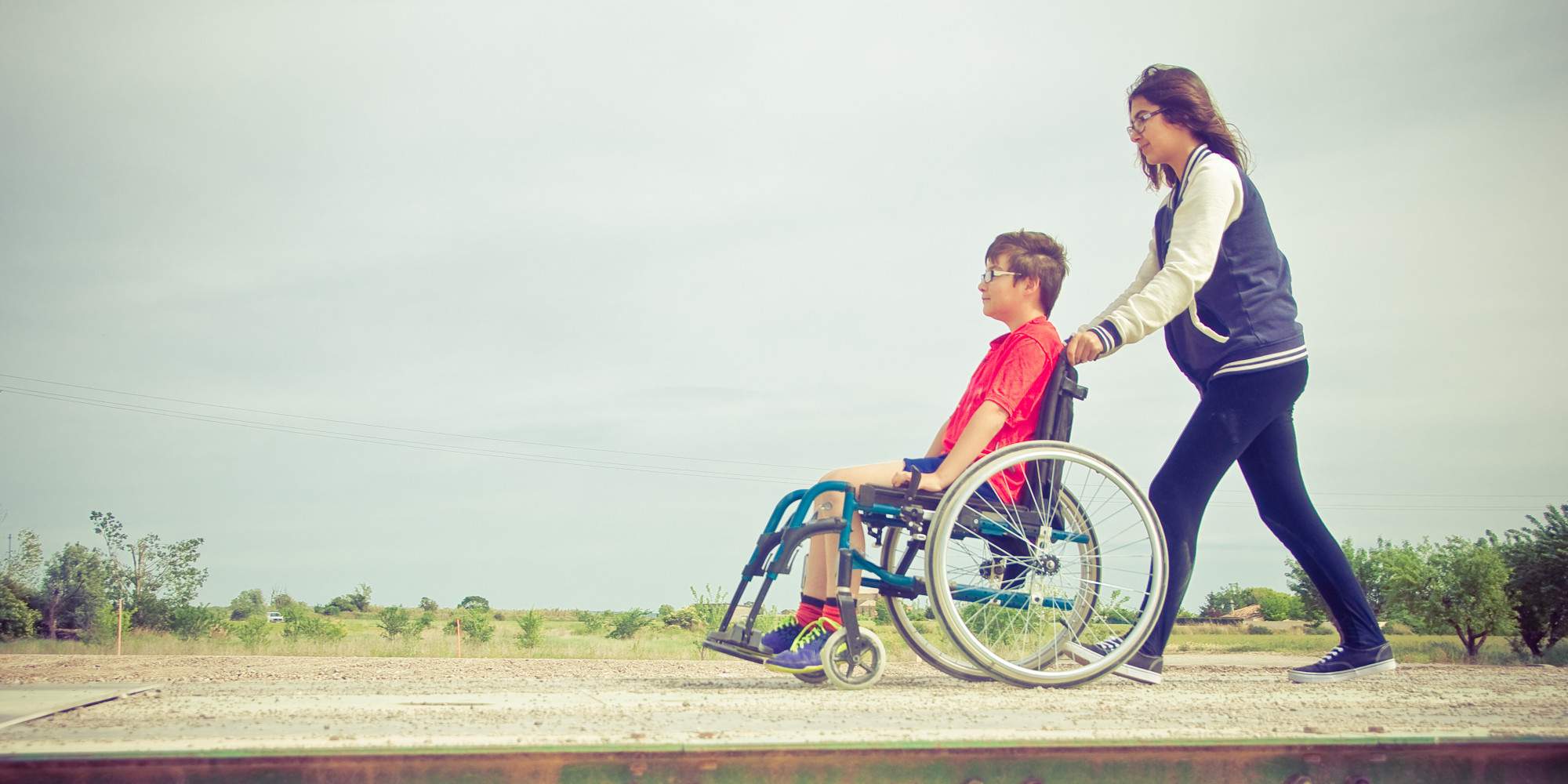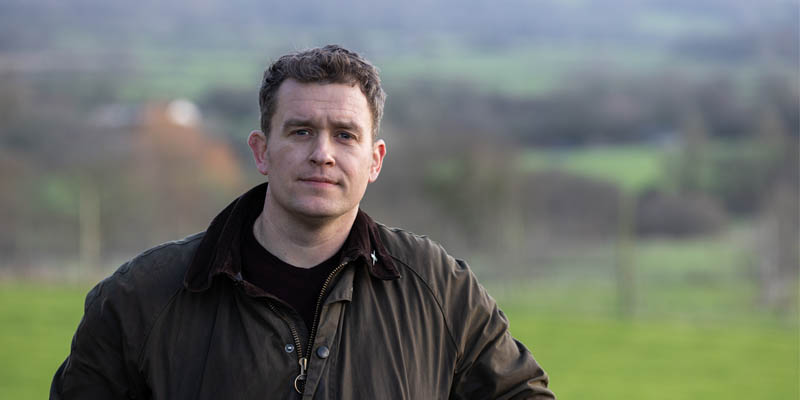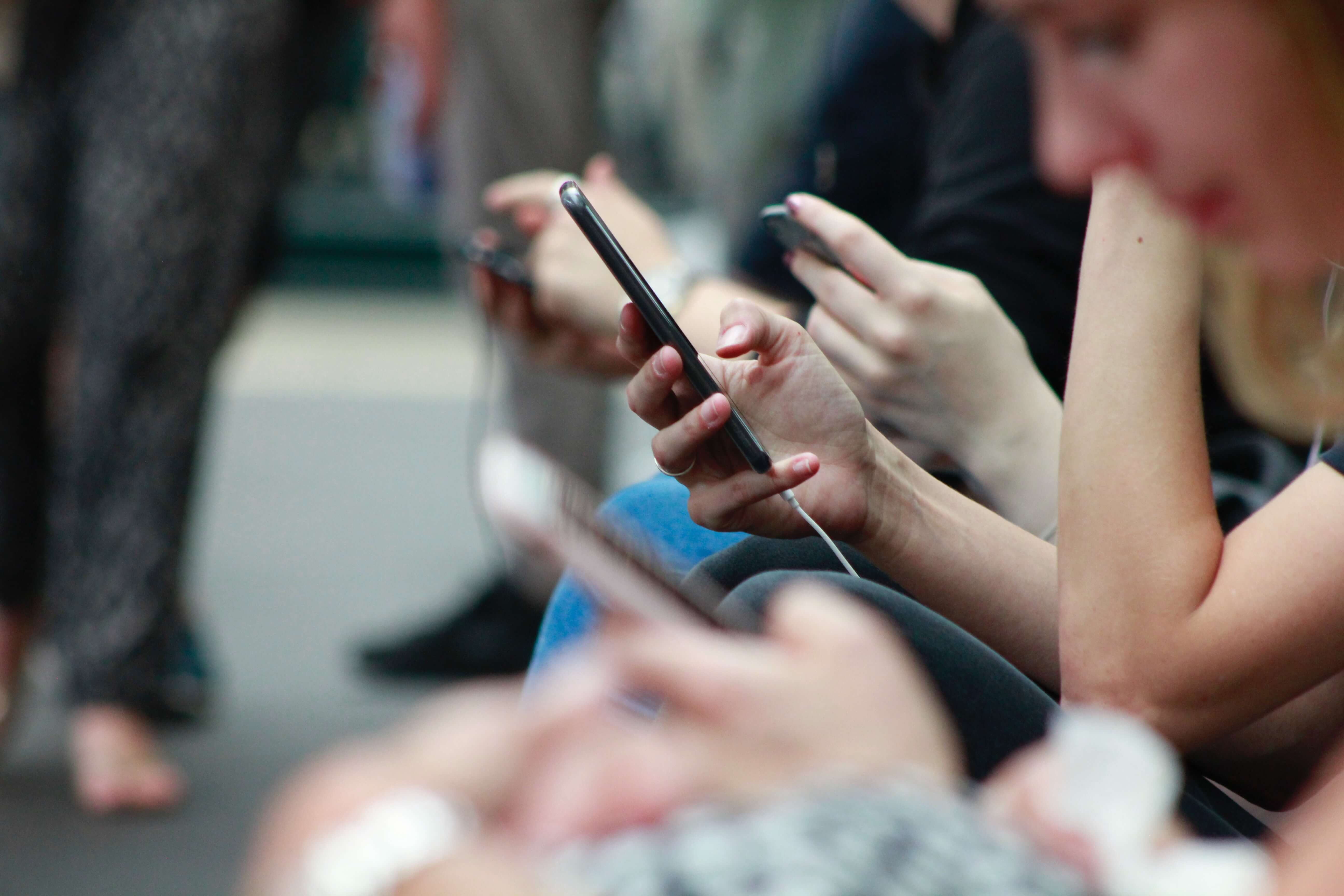[Update: This piece was written before the events of October 2023 in Israel and Palestine, but we share it anew in the hope that the information below is still supportive]
We all know that too much news can harm your mental health; it seems like so much is hard in the world at the moment. But what if you can't look away? What if you were looking at your home, from afar? The war in Ukraine and terrible earthquake in Turkey and Syria are two examples that are likely to be affecting the Ukrainian, Turkish and Syrian populations in the UK in devastating and complex ways.
Larysa Kelembet, a Ukrainian counsellor on Welldoing, describes the war breaking out in Ukraine as "devastating. I could not believe it. I was constantly going through each and every piece of news, checking on my parents, relatives and friends daily. My anxiety was through the roof. My thoughts were all about the war, it was difficult to focus on something else."
Trauma comes in many forms, and it can come from a distance. Vicarious trauma, sometimes called secondary trauma, is that which is registered as a result of hearing or witnessing traumatic events as they happen to someone else. People in helping professions, like psychotherapists and counsellors, may be more at-risk of this, but so too can people who are watching horrors unfurl at home.
Psychotherapist Andrew Keefe worked at a community centre in Hackney, London for refugees from Turkey between 1993-1997. Many of the people he was working with then had fled the same region heavily affected by the earthquake today and so he believes "the communities in London from those areas are very likely to have someone missing at the moment or someone who died".
"I imagine people will be in complete shock at the moment, but my understanding of these communities - much more collective and group-oriented than us - is that they will be very much involved in it, keeping active and trying to help. They will be dealing with grief, uncertainty of not being able to contact people - this can be even worse, when we don't know."
Psychotherapist Bruno Condé "has seen clients manifest their feelings in different ways when it comes to tragic occurrences in their home countries. Some are shaken to their core in a mix of anger, terror, helplessness. All of this can be wrapped up in the guilt for not being there to support those who they left behind."
As with anything however, people respond differently. Conde has also seen the complete opposite reaction in clients who instead sink into a perpetual state of numbness: "One example that comes to mind, is of a Syrian client that would tell me the atrocities of the Syrian war in the most calm manner. He had seen the death of so many from such close quarters, that he had become numb to it. In order not to 'block' his process, I had to enter his frame of mind, and not express how horrified I was of everything he was telling me."
What are the symptoms of vicarious trauma?
Vicarious trauma can manifest in emotional difficulties, such as lasting feelings of anger, guilt, grief, sadness. It may also show up relationally as irritation and sudden mood changes with friends and family. "Another troubling response," explains Kelembet, "is how these events often disrupt personal relationships due to people taking opposite sides, moving apart seeking safety, living under constant stress. People reassess their personal ethics, recalibrate their values and priorities nearly every day. People also become prone to developing mistrust, suspicion, a sense of frustration and hopelessness."
Symptoms to look out for include:
- Panic attacks
- Change in mood irritability, tearfulness, anger, anxiety
- Feelings of hopelessness or cynicism
- Changes in your sleep
- Hypervigilance
- Ruminating about the event
- Concentration struggles
- Physiological effects, muscle tension, headaches, stomach upset
- Feeling numb or out of your body
- Nightmares
- Changes in appetite
What can people do to look after themselves?
"Try to establish a sense that you are safe, here, in the present," suggests Keefe. "Being active and getting involved in whatever way you can will help with feelings of powerlessness and helplessness. The role of therapy will come in time" as an important space to process the "loss and grief". "For those who have memories of the 1999 Istanbul earthquake there may also be much, understandable, anger to process. It is clear that the building standards regulations that were meant to have been embraced after this tragedy have been ignored."
Kelembet shares how her duty as a counsellor to her clients was her motivation to compose herself: "It took me three days to compose myself sufficiently. I stopped watching the news and only listened to short messages about the main events ‘to be in the know’. I focused on what I could do: pray, support others, transfer money, run free support groups, offer free therapy sessions to those who were in urgent need. Talking to myself in a wise, rational, reassuring manner, socialising as well as taking care of my own needs also helped."
Kelembet urges mindfulness when it comes to social media consumption, advising:
- Add a time limit in your device settings. Avoid looking at content before bed or when you wake up
- Ensure the content you are viewing or considering sharing is correct, not misleading and / or inaccurate
- Be aware of your feelings and if you begin feeling anxious, take a step back and turn off your phone or computer
- Avoid doomscrolling and focus on finding the content that is informative enough and does not leave you feeling distressed
Condé suggests therapy can be an act of "self-care," a place to speak freely about your emotions at such a difficult time and thus to "keep your sanity." "I often use a metaphor with clients who are struggling to self-care: ‘in a depressurised airplane cabin, we first need to place the oxygen masks onto ourselves and only then onto those depending on us’… In other words, if we want to help in any way, we need to make sure we self-care. Having someone like a therapist to hold your pain can help enormously."







